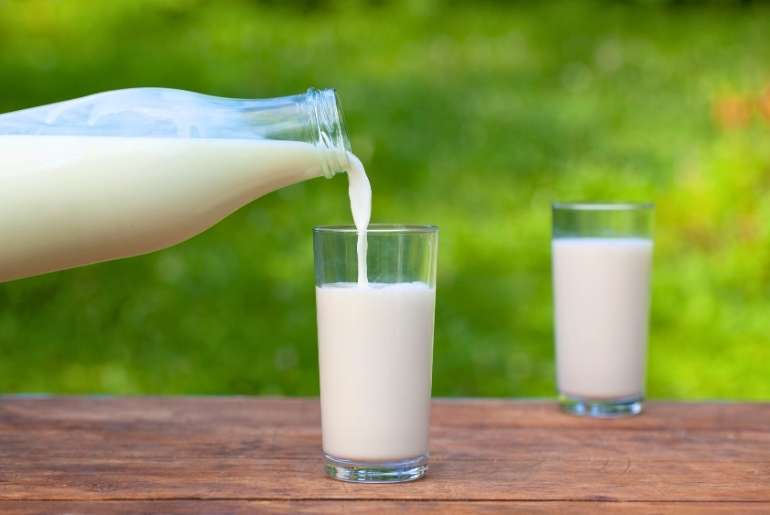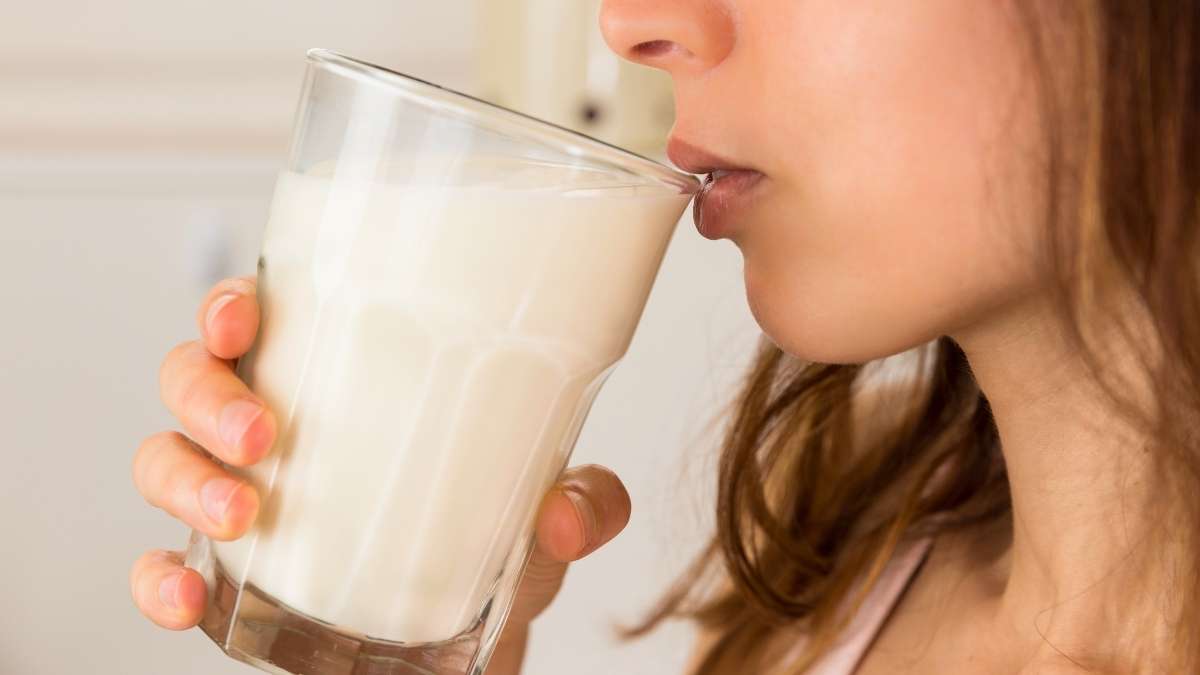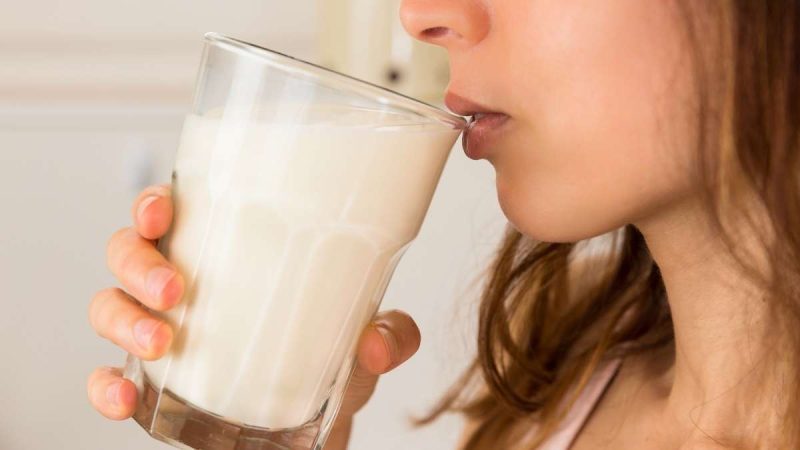Ever since we were kids, we have heard all about milk being nature’s perfect drink. Now, however, there are divided opinions with many recent debates about its risks. Is milk really a health booster or an unnecessary addition to your diet? Well, nutritionist and founder of The Health Pantry, Khushboo Jain Tibrewala, shared her insights, and here’s all you need to know.
Is Milk Healthy? Pros, Cons & Nutrition Facts
As per the Indian Council of Medical Research’s Indian Food Composition Tables, 250 ml of cow’s milk contains about 3.3% fat, approximately 8g of protein, 12g of carbs (which is mostly lactose), and 275mg of calcium. It also traces amounts of potassium and riboflavin.

“Milk has always been considered a sattvik food in Indian culture—something that’s calming for the mind, nourishing for the body, and safe across age groups. It’s rich in minerals like calcium and phosphorus, and can be a complete food if sourced the right way. But the reality today is different,” Khushboo Jain Tibrewala shared.
When we asked her how things are different now, she said that the way milk is produced and processed now, especially in commercial settings, has changed everything. “Adulteration, hormone injections, poor animal care–these things have made milk problematic for many,” she added.
More people today have hormonal imbalances, acne, PCOS, gut issues, and insulin resistance, and it is all linked to milk. What was once therapeutic has, for many, become a trigger.
Also Read: How Much Added Sugar Is In An Air India Meal Box? Here’s All You Need To Know
When Is It Bad & Who Should Avoid?
Consuming milk daily is good for people with very high physical demands—athletes, soldiers, or labourers. If you have access to a well-cared-for cow at home, even a small amount of fresh milk can be beneficial. A warm glass at night is also known to promote better sleep.
Now, coming to the big question, who should avoid adding milk to their diets? “Milk is not ideal for girls and women of reproductive age, or anyone with PCOS, gut issues, autoimmune conditions, fatty liver, or diabetes,” Khushboo shared.
According to her, 100 ml of milk a day is more than enough for most people, especially if you’re drinking plain milk. In its fermented forms (curd or cheese), it is better tolerated and can be had in slightly larger amounts.
Are There Any Milk Alternatives?
“There’s no real substitute for milk that tastes like milk and also gives you everything nutritionally. You can pick one or the other—not both,” feels Khushboo. However, if you’re looking for alternatives, she suggests coconut milk, calling it the cleanest option in India—especially if made fresh. Almond, soy, and cashew milk are okay, too, but most are full of additives. So, unless you’re making them at home, try avoiding them as well.
We asked her for a better alternative to this drink and she suggested a sesame-sattu shake. “Soak sesame seeds and almonds overnight, blend them with sattu and a date. It’s rich in calcium, protein, healthy fats, and fibre. That’s far more satisfying and nourishing than packaged almond milk,” she revealed.
Now, if you’re skipping milk but want its nutrition, here’s a smartly planned plate by nutritionist Khushboo Jain Tibrewala –
- For calcium: sesame seeds, curry leaves, ragi, amaranth
- For protein: dals, sattu, nuts, seeds
- For healthy fat: ghee, coconut, cold-pressed oils
- For riboflavin: fermented foods, leafy greens, mushrooms
Also Read: Medical Panel ICMR Asks Indians To Not Drink Coffee Or Chai Before & After Meals; Here’s Why
We hope this information was helpful to you all!
Cover Image Courtesy: Canva Pro/DenizA
For more such snackable content, interesting discoveries and the latest updates on food, travel and experiences in your city, download the Curly Tales App. Download HERE. First Published: August 18, 2025 3:42 PM




